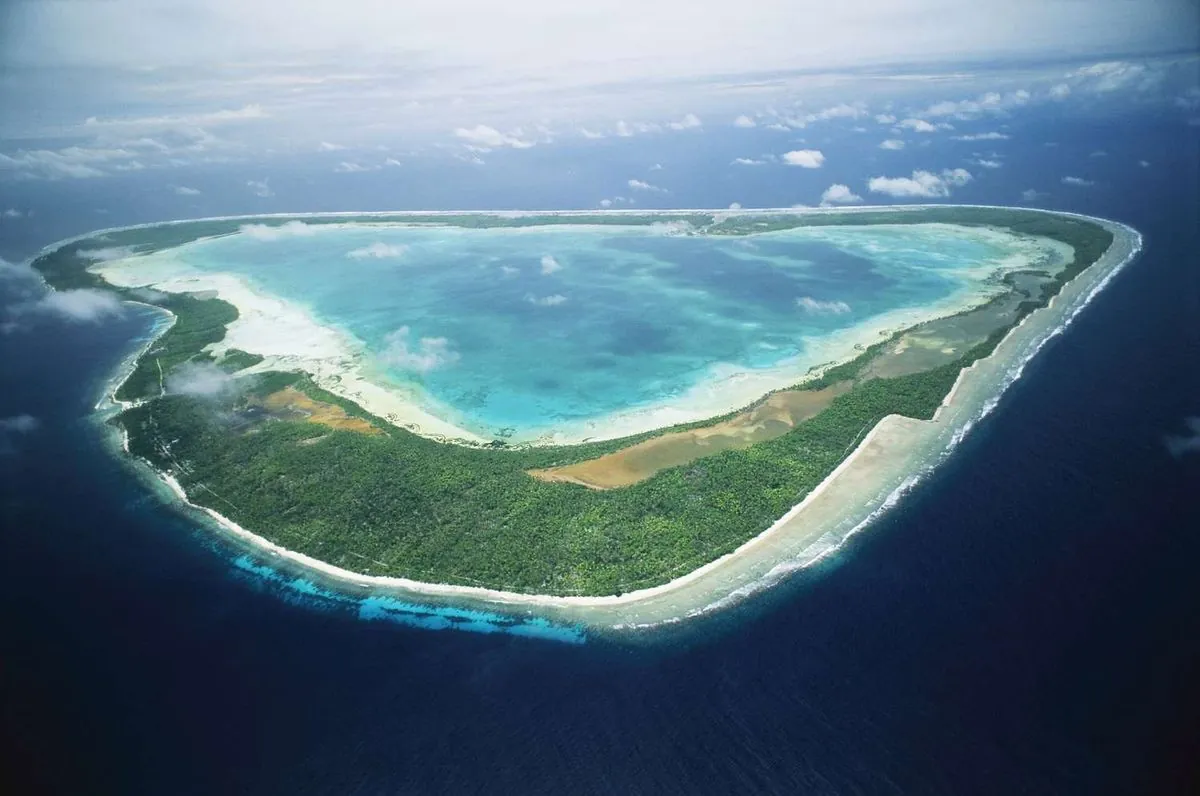Kiribati, a Pacific Island nation comprising 33 coral atolls and reef islands, has announced the suspension of all diplomatic visits until 2025. This decision comes as the country navigates its complex election process, which could extend for several months.
The announcement, made by a Kiribati foreign ministry official, reflects the nation's desire to focus on internal affairs during this critical period. The suspension applies to countries with diplomatic relations with Kiribati, including major aid donors like Australia.
This move occurs against a backdrop of escalating tensions between Kiribati and Western nations, primarily due to the country's strengthening ties with China. In 2019, Kiribati shifted its diplomatic allegiance from Taiwan to Beijing, citing national interests. Since then, Chinese aid to the nation has increased significantly.
The recent national election, held in August 2024, saw 44 of the 45 parliamentary seats contested. However, the formation of the government remains uncertain as elected members have yet to declare their party affiliations. The presidential vote is expected to take place in October 2024.
Taneti Maamau, the incumbent president since 2016, secured his parliamentary seat and will seek a third term. Tessie Lambourne, the opposition leader, also retained her position. The outgoing governing bloc holds 22 seats, just short of a majority, but party switches are not uncommon in Kiribati politics.
Some analysts suggest that the suspension of diplomatic visits may serve multiple purposes:
- Avoiding international scrutiny during the government formation process
- Providing political cover for intense lobbying and deal-making
- Safeguarding politicians from potential foreign interference
"This is a way for the current government to say we want to be just among Kiribati, no foreign interference."
Despite the suspension, existing diplomatic missions in Kiribati will remain operational. The United States announced plans for an embassy in 2022, though it still awaits government approval.
Kiribati's strategic importance stems from its proximity to Hawaii and its vast ocean territory. With an exclusive economic zone covering 3.5 million square kilometers, the nation has become a focal point in the geopolitical competition between Western powers and China.
However, Kiribati faces significant challenges. As one of the world's most aid-dependent nations, it is at high risk of external debt distress according to the International Monetary Fund. The country is also grappling with the existential threat of climate change, with rising sea levels contaminating drinking water and forcing much of the population onto South Tarawa, the most populous island.
On a positive note, the recent election saw a record five women win parliamentary seats. Ruth Cross Kwansing, one of the newly elected lawmakers, emphasized the importance of gender balance in decision-making positions and entrepreneurial areas for the country's progress.
As Kiribati navigates its political transition and international relations, the nation's unique characteristics continue to shape its trajectory. From being the only country present in all four hemispheres to hosting one of the world's largest marine protected areas, Kiribati's significance extends far beyond its small land area of 811 square kilometers.
